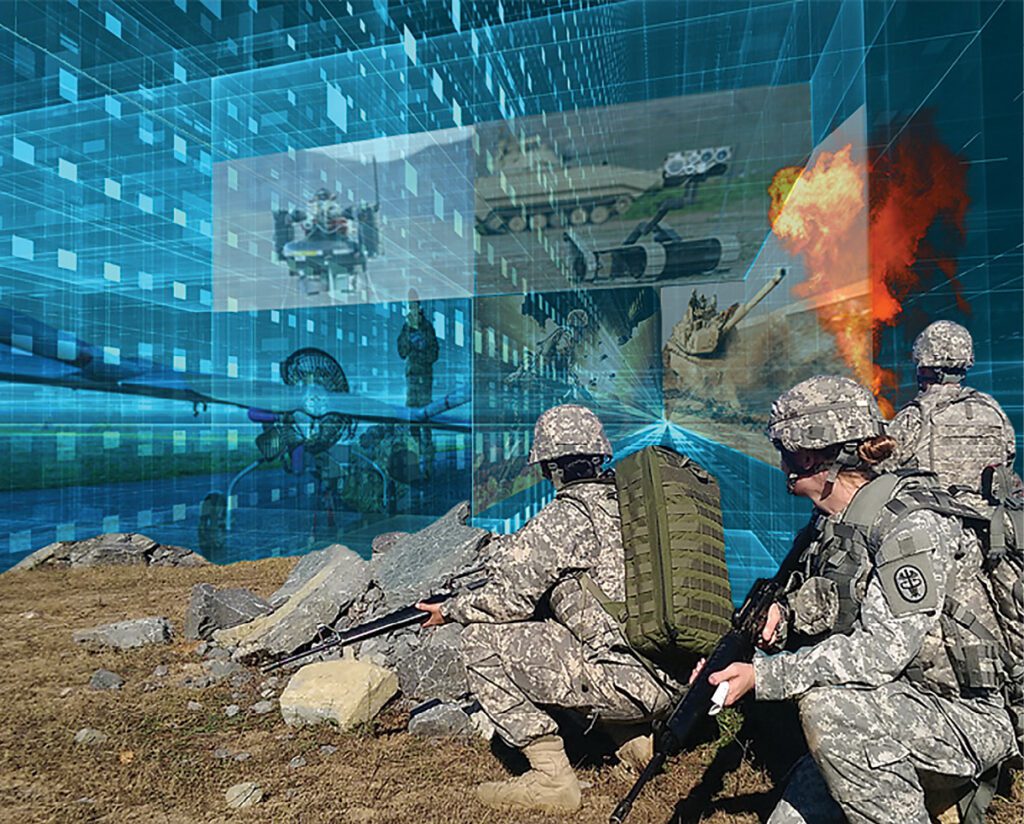Lethal autonomous weapons, also known as killer robots, have sparked ethical debates due to their ability to make life-and-death decisions without human intervention. This article delves into the ethical considerations surrounding these weapons, including issues of responsibility, moral principles, and human rights. While proponents argue that autonomous weapons can improve military efficiency, critics raise concerns about the potential for unintended consequences and violations of ethical norms. It is crucial for policymakers and military leaders to carefully assess the ethical implications of deploying lethal autonomous weapons and to establish safeguards to ensure their use aligns with international law and moral standards. Ultimately, maintaining a balance between military advancement and ethical responsibility is essential in navigating the complexities of autonomous weaponry.
The Ethics of Lethal Autonomous Weapons
Introduction
Lethal autonomous weapons, also known as killer robots, are a controversial and rapidly advancing technology that has raised significant ethical concerns. These weapons have the ability to select and engage targets without human intervention, leading to questions about the moral implications of delegating life-and-death decisions to machines. This article will explore the ethical considerations surrounding lethal autonomous weapons and the need to balance military advancement with moral responsibility.
Autonomy and Responsibility
One of the primary ethical concerns surrounding lethal autonomous weapons is the issue of responsibility. When a machine is given the power to make decisions that can result in the loss of human life, who should be held accountable for those decisions? Should it be the individuals who developed and deployed the technology, or should the machine itself be considered responsible?
Proponents of lethal autonomous weapons argue that these systems can act more quickly and efficiently than humans, potentially saving lives on the battlefield. However, critics argue that delegating such critical decisions to machines removes the human element from warfare and raises concerns about the potential for unintended consequences and the loss of ethical judgement.
Moral Considerations
Another ethical consideration surrounding lethal autonomous weapons is the potential for these systems to violate moral principles, such as the principle of proportionality and the principle of discrimination. The principle of proportionality requires that the harm caused by an attack must not be excessive in relation to the military advantage gained, while the principle of discrimination requires that attacks must distinguish between combatants and civilians.
There are concerns that lethal autonomous weapons may not be able to adequately assess the proportionality and discrimination of their actions, potentially leading to unnecessary civilian casualties and violations of international humanitarian law. This raises questions about the ethical implications of using these weapons and the need to ensure that they are programmed with appropriate ethical guidelines.
Military Advancement and Human Rights
While lethal autonomous weapons offer the potential for military advancements and strategic advantages on the battlefield, there are concerns about the impact of these weapons on human rights. The use of autonomous weapons could result in a reduction of accountability and transparency in military operations, as well as a potential escalation of conflict and a decrease in the value of human life.
It is essential for policymakers and military leaders to consider the ethical implications of deploying lethal autonomous weapons and to ensure that these technologies are used in accordance with international law and ethical standards. This includes implementing safeguards to prevent misuse, ensuring human oversight of autonomous systems, and establishing mechanisms for accountability in the event of ethical violations.
Conclusion
In conclusion, the development and deployment of lethal autonomous weapons raise significant ethical concerns that must be carefully considered and addressed. Balancing military advancement with moral responsibility requires a thorough examination of the ethical implications of these technologies and a commitment to upholding human rights and moral principles in warfare.
